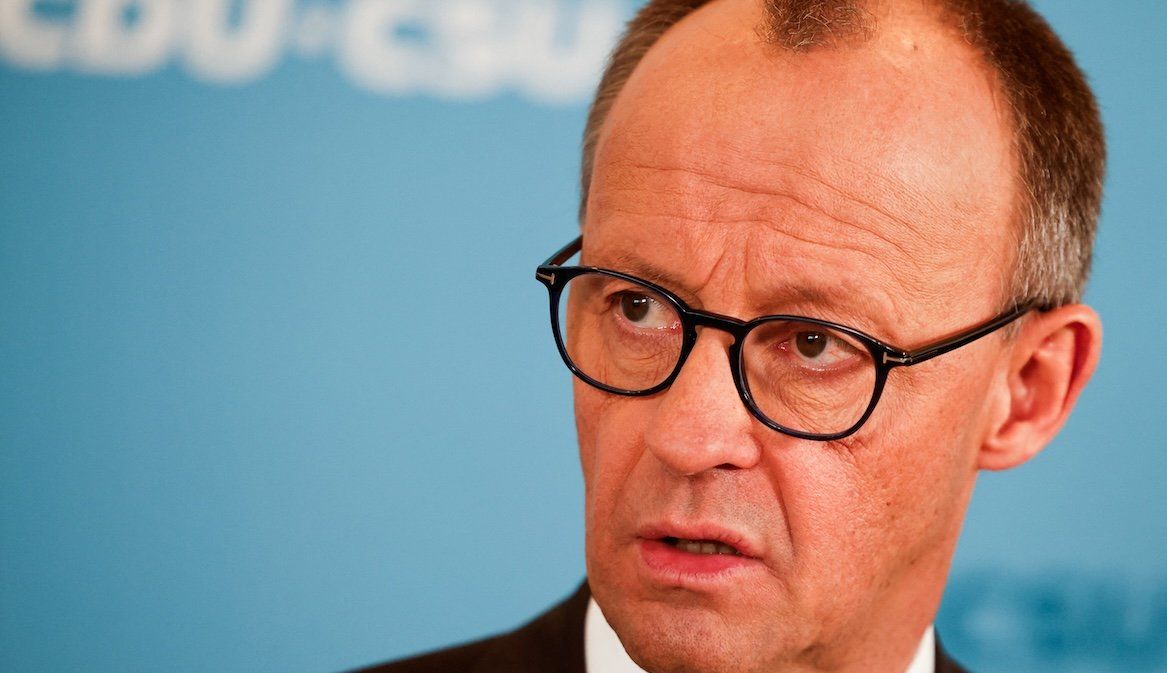Germany’s election-winning center-right Christian Democratic Union/Christian Social Union, led by
Friedrich Merz, and the Social Democrats have reached a preliminary agreement with the Green Party on a deal to exclude defense spending from the country’s constitutional debt break and establish a dedicated
$545 billion fund for infrastructure investments. The agreement also includes allocating $108.7 billion for the climate and economic transformation fund.
What is the debt brake? A measure that requires the federal and state governments to maintain balanced budgets, effectively prohibiting them from borrowing a penny more than they can repay.
This is a big deal historically in a country that has been committed to fiscal responsibility and pacifism since its out-of-control defense spending in the run-up to World War II. The package allows for “necessary defense spending” above 1% of GDP to be exempt from debt limits, a measure Germany feels is necessary as Europe takes the reins on its own security in the wake of the US withdrawing support.
It's also a major policy victory — along with a significant amount of debt — for the incoming parliament before it even assumes power. Far-right and far-left parties have criticized the move as “deeply undemocratic,” arguing that such a sweeping fiscal measure shouldn’t be passed before the new government, in which they will have greater influence, is in place. While parliament is aiming to form a new government by late April, mid-May is a more realistic timeline.
